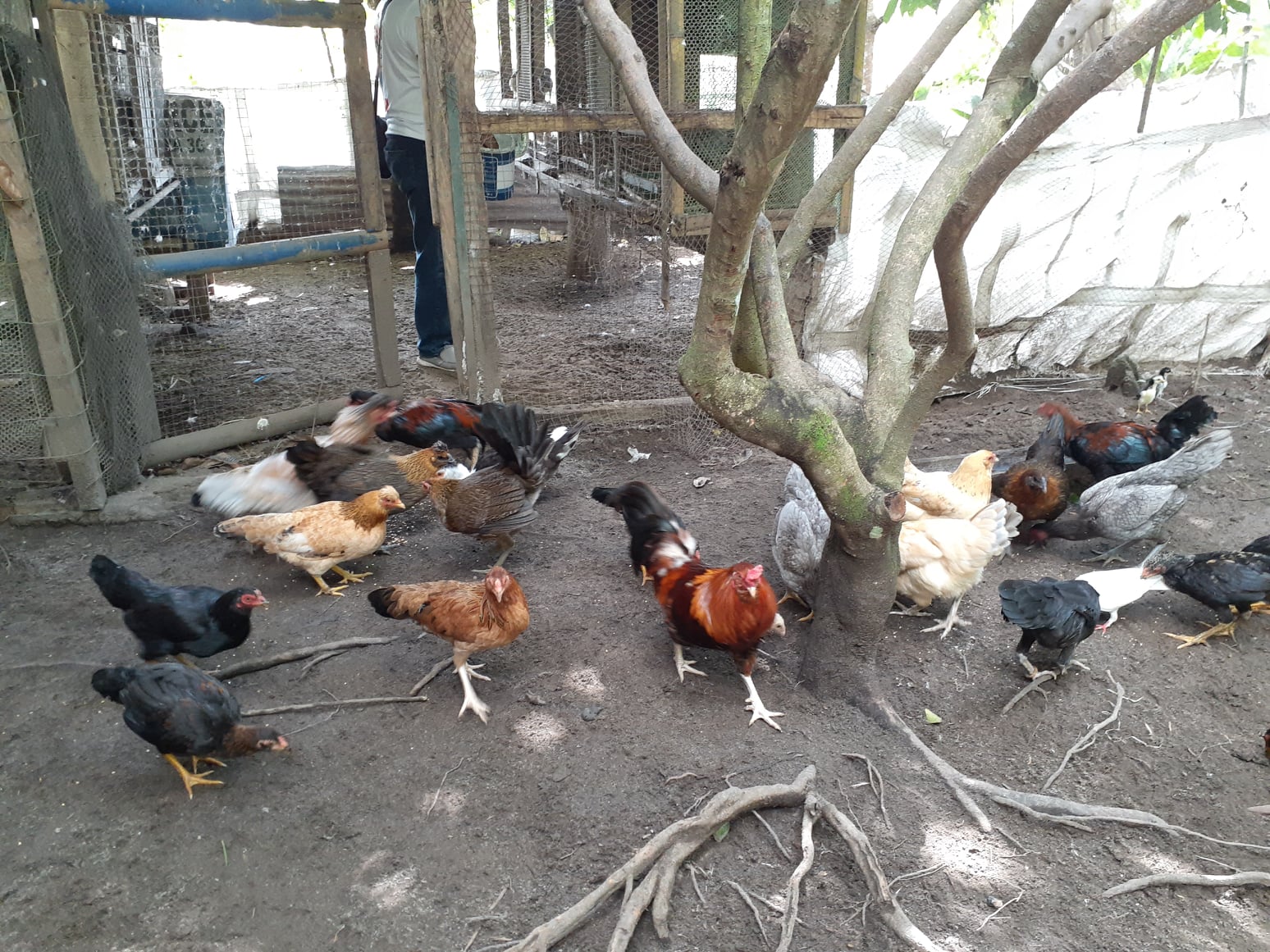SOUTH COTABATO, PHILIPPINES – The Federation of Free Farmers South Cotabato in Surallah, South Cotabato was established in 1972, working on agrarian issues of farmers. Like many organizations, it experienced its share of struggles in keeping their organization active. They transformed themselves into a cooperative in the 1980s up to the 2000s but failed to sustain the enterprise. FFF South Cotabato used to have 24 chapters in the province, compared to its current eight chapters.
Despite the organization’s struggles to sustain itself as an enterprise, it was able to acquire two parcels of land and called these Diwata 1 and Diwata 2. Both lands were used for sustainable agriculture: Diwata 1 for rice farming and Diwata 2 for agroforestry which includes planting rice, cacao, fruit trees, coconut, fishponds for organic tilapia, and ducks.
The gains of FFF South Cotabato starting 2016 were a confluence of efforts from different organizations including the Federation of Free Farmers (FFF, a national farmer organization) and AFOSP-MTCP2. The leadership of FFF South Cotabato saw the full implementation of the Department of Education’s (DepEd) K-12 Program in 2016 as an opportunity for the organization to convert Diwata 2 into a demonstration farm for senior high school and agriculture students. The organization made the necessary preparations to be accredited by the Technical Education and Skills Development Authority (TESDA). Parallel to these preparations, FFF and AFOSP-MTCP2 were crucial in helping the FFF South Cotabato in farm development, promotion of the demo farm to different schools, and establishing partnerships and linkages with different government agencies including the Department of Agriculture (DA), Department of Agrarian Reform (DAR), TESDA, and Philippine Crop Insurance Corporation (PCIC) and Landbank for access to credit and financing.
As a demo farm, Diwata 2 serves as space for senior high school and college agriculture students to put into practice what they learned inside their classrooms. As of 2019, there were 337 students from South Cotabato State College, UPI Agricultural School, and Lamsugod National High School who immersed and did their practicum or internship at the demo farm.




Members of FFF South Cotabato increased in number since 2016. They are actively involved in managing both Diwata 1 and 2. Through the AFOSP-MTCP2, they were also given the opportunity to participate in learning sessions on organizational development and bio farming. Bio farming proved to be beneficial to the members since it facilitated an increase in income because members are now producing and selling organic fertilizers and pesticides. FFF, through AFOSP-MTCP2, also assisted in developing proposals for post-harvest equipment addressed to partner government agencies.
Engagement through AFOSP-MTCP2 also strengthened relations of FFF South Cotabato with the local and provincial government. It currently heads the Municipal Agricultural and Fishery Council (MAFC) of Surallah municipality and is an active member of the Economic, Environment, Tourism, and Cultural Committees of the Council. It is also a member of the Local Zoning Appeal Board which plays a big role in decision-making in terms of economic development for Surallah. These engagements also paved the way for FFF South Cotabato to become an active member of the Provincial Agricultural and Fishery Council (PAFC).
As challenges in the implementation of the DepEd’s K-12 program continue to arise, FFF South Cotabato recognizes that facilities of schools are not enough and they remain steadfast in their dream of becoming a learning site for the Agricultural Training Institute, the extension, and training arm of the DA, in order to serve more students and young farmers.

Comments are closed